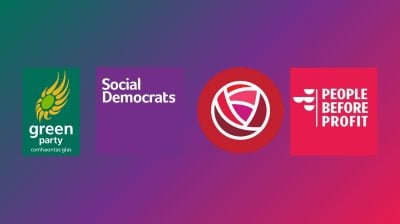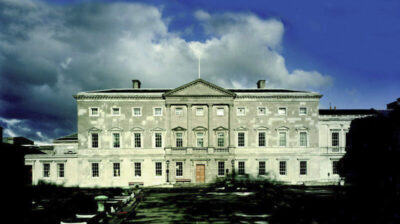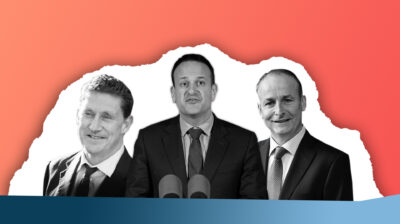Politics
The Green Party, Labour, Social Democrats, and Solidarity-People Before Profit
Written by: spunout
Learn more about four of Ireland’s smaller left-wing political parties.
spunout calls for a Yes/Yes vote in family and care referendums
Written by: spunout
spunout is calling for a yes vote in the family and care referendums, both taking place on March 8th, following consultation with the organisation'...
Who is in Ireland’s Government?
Written by: spunout
Our current Government is made up of a coalition between Fianna Fáil, Fine Gael, and the Green Party
What is the Programme for Government?
Written by: Hannah Byrne
Fine Gael, Fianna Fáil, and the Green Party have been negotiating a deal to go into government together
How does the Seanad work in Ireland?
Written by: spunout
The Seanad, or Senate, is one of two Houses of the Oireachtas (the Irish Parliament), along with the larger and more powerful Dáil Éireann. Members...
Using the internet for activism
Written by: spunout
The internet can be a great tool for supporting and developing your activism
Treoir éasca le polaitíocht na hÉireann a thuiscint
Written by: spunout
Seo ár dtreoir do na heochairfhocail a bhíonn in úsáid ag am toghchán
Make mental health your priority for General Election 2020
Written by: spunout
This General Election let your local politicians know that mental health matters to you








